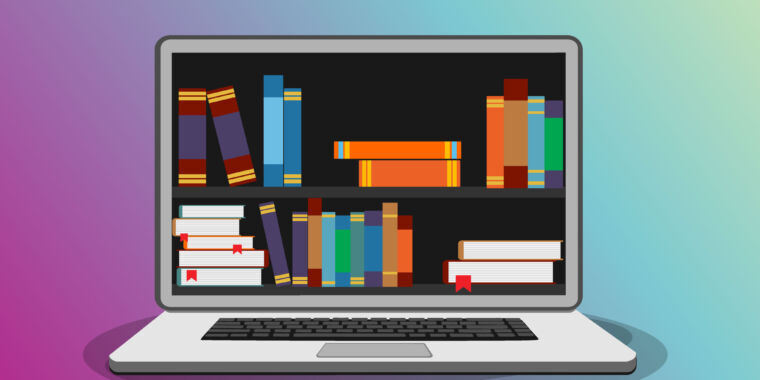- cross-posted to:
- usnews@lemy.lol
- cross-posted to:
- usnews@lemy.lol
In an open letter to publishers, more than 30,000 readers, researchers, and authors begged for access to the books to be restored in the open library, claiming the takedowns dealt “a serious blow to lower-income families, people with disabilities, rural communities, and LGBTQ+ people, among many others,” who may not have access to a local library or feel “safe accessing the information they need in public.”
During a press briefing following arguments in court Friday, IA founder Brewster Kahle said that “those voices weren’t being heard.” Judges appeared primarily focused on understanding how IA’s digital lending potentially hurts publishers’ profits in the ebook licensing market, rather than on how publishers’ costly ebook licensing potentially harms readers.



I really don’t think anyone envisioned the way digital distribution would change when the DMCA was written.
But my point isn’t that there’s political will to make a change, but that the judiciary really doesn’t have the capacity to rule any other way than the obvious “you can’t do this”. It would be a completely wild precedent for this case to somehow result in a ruling that it’s fair use based on the actual law and the history of previous rulings.